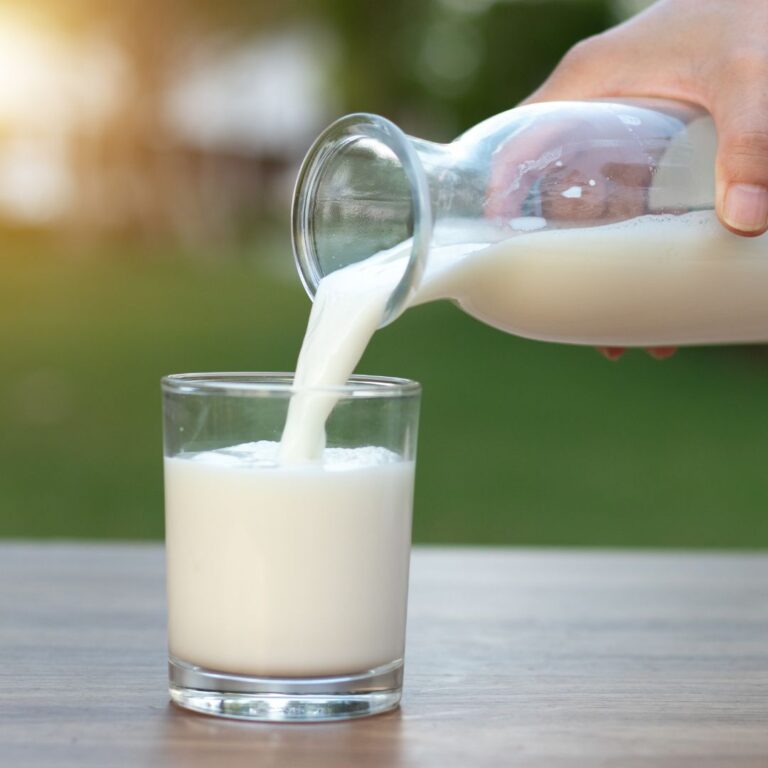
TF/XC athletes NEED ample carbs, protein, and calories to compete at their best. Learn just how much in Wendi's most recent blog post.

Why do we crave sugar? What can you do to stop craving sweets? Read on to find out!🤷♀️

Why do we crave sugar? What can you do to stop craving sweets? Read on to find out!🤷♀️

Read the full blog post on why I am focusing my energy on my relationship with Christ as well as sharing ideas and content via the newsletter. Be sure to subscribe to the list!




